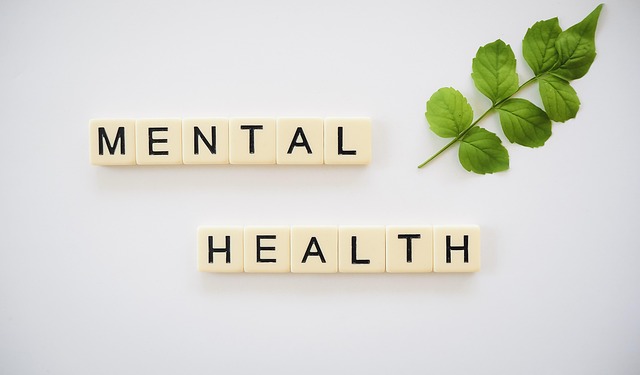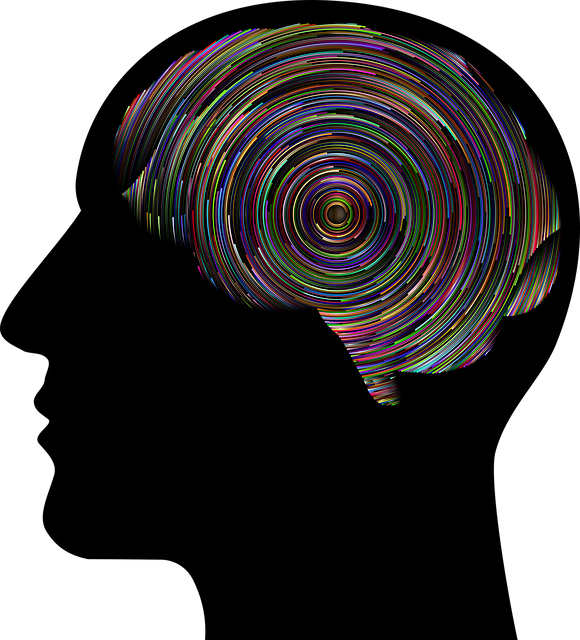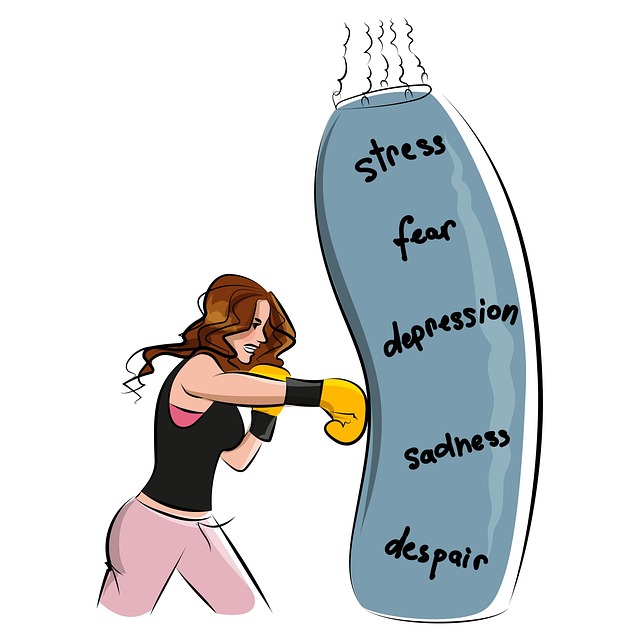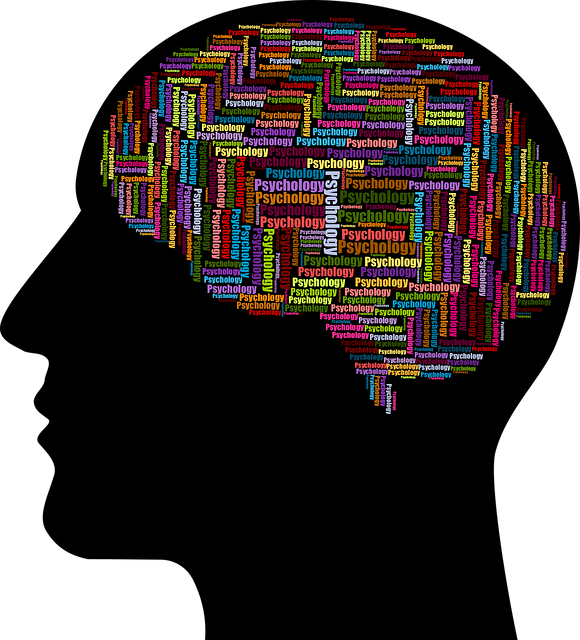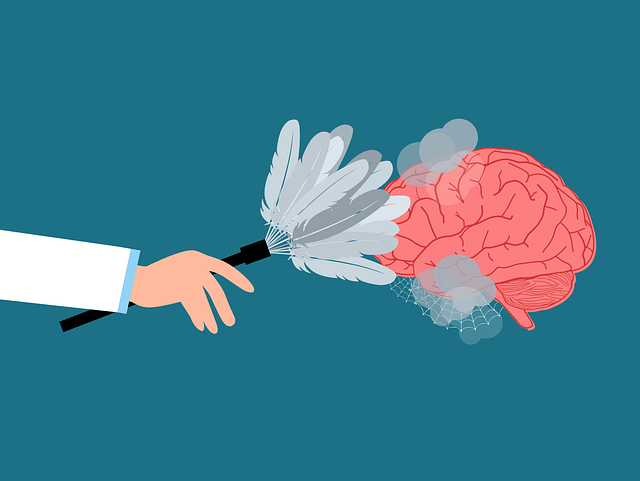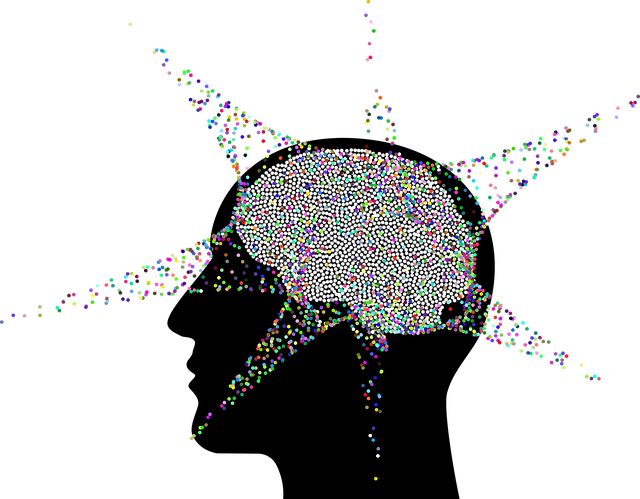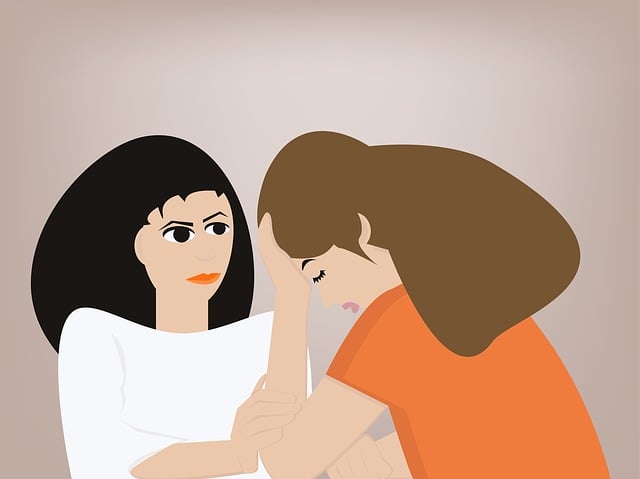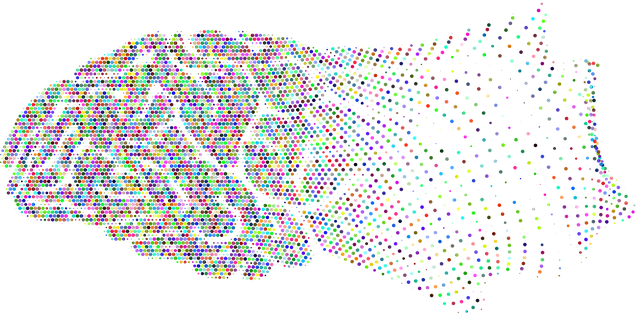Golden Geriatrics Therapy is a specialized mental wellness program for seniors addressing age-related challenges like cognitive decline and depression. It promotes social engagement, emotional regulation, and effective coping strategies, improving quality of life. Through quantitative assessments (pre-post tests, tracking Mind Over Matter principles) and qualitative feedback (interviews, focus groups), the program's effectiveness is continuously refined to meet evolving community needs, including improved self-care routines, resilience, and well-being for seniors and their caregivers.
Mental wellness programs within geriatric care settings are essential for fostering holistic well-being among an aging population. This article explores comprehensive evaluation methods, with a focus on Golden Geriatrics Therapy, to measure their impact. We delve into quantitative assessment techniques, qualitative patient and caregiver feedback, and the continuous improvement cycle facilitated by evaluation data. By examining these aspects, we aim to illuminate effective strategies for enhancing mental wellness programs, leveraging Golden Geriatrics Therapy as a key tool in gerontological care settings.
- Understanding Mental Wellness Programs in Geriatric Care
- The Role of Golden Geriatrics Therapy in Evaluation
- Quantitative Assessment Techniques for Program Effectiveness
- Qualitative Feedback: Patient and Caregiver Perspectives
- Continuous Improvement: Using Evaluation Data for Programming Enhancements
Understanding Mental Wellness Programs in Geriatric Care

Mental wellness programs play a pivotal role in geriatric care, addressing the unique challenges and needs of aging individuals. Golden Geriatrics Therapy, for instance, focuses on promoting mental health and well-being among the elderly population by combining evidence-based practices with personalized approaches. These programs cater to various aspects, from managing age-related cognitive decline and depression to fostering social engagement and improving quality of life.
Understanding the importance of mental wellness in geriatric care is crucial, especially given the growing awareness of mental illness stigma reduction efforts. Initiatives such as Mental Wellness Podcast Series Production aim to educate both caregivers and seniors about available resources and support systems. Additionally, Healthcare Provider Cultural Competency Training equips professionals with the skills to deliver culturally sensitive care, ensuring that mental wellness programs are inclusive and effective for diverse geriatric populations.
The Role of Golden Geriatrics Therapy in Evaluation

Golden Geriatrics Therapy plays a unique and valuable role in evaluating mental wellness programs, particularly when focused on older adults. This therapeutic approach goes beyond traditional methods by incorporating holistic practices tailored to the specific needs and challenges faced by this demographic. By emphasizing emotional regulation, Golden Geriatrics enables participants to develop effective coping strategies, fostering improved mental health.
Community Outreach Program Implementation benefits greatly from this therapy’s ability to engage individuals in meaningful activities that enhance self-care routine development. Through targeted interventions, it helps older adults cultivate a sense of purpose and well-being, ultimately contributing to the overall success of any mental wellness program.
Quantitative Assessment Techniques for Program Effectiveness

Quantitative assessment techniques play a crucial role in evaluating the effectiveness of mental wellness programs, including Golden Geriatrics Therapy. These methods involve systematic data collection and analysis to measure specific outcomes and changes among participants. By employing surveys, questionnaires, and statistical models, researchers can gauge the impact of the program on various aspects such as depression levels, anxiety reduction, and overall quality of life. For instance, a pre-post test design can help compare scores on standardized measures before and after the intervention, providing concrete evidence of the program’s success in fostering mental well-being.
In the context of Golden Geriatrics Therapy, quantitative assessments could explore how the program influences participants’ ability to manage stress and cope with life challenges using Mind Over Matter principles. Additionally, these evaluations may track improvements in self-esteem and confidence boosting, as these are integral components of crisis intervention guidance within the therapy framework. The data collected through such techniques offer valuable insights for refining the program and ensuring it aligns with the evolving needs of its beneficiaries.
Qualitative Feedback: Patient and Caregiver Perspectives

Golden Geriatrics Therapy places significant emphasis on qualitative feedback to understand the patient’s and caregiver’s experiences. Through in-depth interviews and focus groups, participants share their perspectives on the program’s effectiveness. This approach allows for a nuanced view of how the therapy sessions impact daily life, highlighting improvements in resilience building, self-awareness exercises, and social skills training.
The qualitative data provides valuable insights into the emotional and social transformations experienced by both patients and caregivers. By listening to their stories, we gain a deeper understanding of the program’s ability to foster connections, enhance coping mechanisms, and promote overall well-being. This feedback loop is essential for refining Golden Geriatrics Therapy and ensuring it aligns with the evolving needs of its participants.
Continuous Improvement: Using Evaluation Data for Programming Enhancements

Evaluation data plays a pivotal role in driving continuous improvement within mental wellness programs. By meticulously analyzing the outcomes and experiences of participants, healthcare providers can identify areas that require enhancement or refinement in their Golden Geriatrics Therapy approach. This data-driven process allows for tailored adjustments to program design, ensuring its effectiveness and relevance in meeting the evolving needs of the community.
For instance, feedback from clients regarding Self-Esteem Improvement exercises can guide therapists in refining their techniques. Similarly, insights gained from evaluating the Community Outreach Program Implementation can inform future outreach strategies, fostering deeper connections within the community and enhancing overall Mental Wellness outcomes. This iterative process is key to keeping programs dynamic and aligned with best practices.
Mental wellness programs in geriatric care are multifaceted and require comprehensive evaluation methods to ensure their effectiveness. This article has explored various techniques, from quantitative assessments to qualitative feedback, highlighting the crucial role of Golden Geriatrics Therapy in measuring program success. By integrating patient and caregiver perspectives, these evaluation strategies facilitate continuous improvement, allowing for enhanced programming that addresses the unique needs of older adults. Through a holistic approach, mental wellness initiatives can be optimized, ultimately improving quality of life for geriatric populations.



